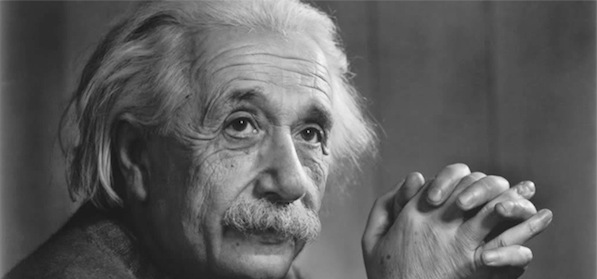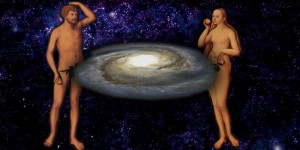Why Science?
Dear friends of science,
A committee of Wonderfest Board members recently met with Randall Kline, the fabulously successful executive director of SFJazz. Mr. Kline had kindly offered to suggest ways to improve Wonderfest’s outreach and funding.
In preparation for the meeting, I wanted Mr. Kline to understand why science is so important to the people involved with Wonderfest. I wanted to offer three big reasons for the worthiness of this specific human endeavor — and why, in particular, science deserves a well-supported “Beacon” like Wonderfest.
1) SCIENCE HELPS. Has any aspect of human culture lessened suffering and supported human flourishing more than science? Virtually every aspect of engineering and medicine — and key elements of human self-understanding and every-day comfort — are founded in science.
2) SCIENCE PLEASES. Besides being useful, it’s just plain FUN to learn “how the world works” and to appreciate the intricate beauty of nature. The close study of reality satisfies a profound inner drive — an urge particularly active in scientists but also vibrant in many of the rest of us, particularly children.
3) SCIENCE EXPLORES. We have learned astounding truths about reality, but human ignorance remains unbounded. Perhaps tomorrow, some new marvel of science will wildly enhance how science, itself, helps and pleases — thus better realizing the first two benefits enumerated above.

This third reason is the most compelling for me, and it’s the hardest to appreciate in the grandeur of its applicability. Consider Einstein’s take: “One thing I have learned in a long life: that all our science, measured against reality, is primitive and childlike — and yet it is the most precious thing we have.”
Our science is “primitive and child-like.” … And this is Albert Einstein talking!
I wouldn’t be surprised if UC Berkeley astronomer and physicist Eliot Quataert feels the same way. Professor Quataert has titled his upcoming Wonderfest/Ask-a-Scientist presentation, The Modern Origins Story: From Big Bang to Habitable Planets.
You can’t do cosmology without being humbled. That humility is evident in Quataert’s title — in the word story.
Prof. Quataert will tell the best origins story that human beings possess. It is a story backed-up by oodles of evidence and by careful reasoning — from deep thinkers all around the world. But that it may still be a “primitive and childlike” story could be its best feature of all!
Please join us at 7:00 PM on Tuesday, May 14, at SF’s StrEat Food Park for The Modern Origins Story. Perhaps a primitive and child-like story, but the best one we’ve got.
Wondrous regards,
Tucker Hiatt
P.S. SkeptiCal 2013, the Bay Area Conference of Science and Skepticism, features some speakers well known to Wonderfest folk — anthropologist Genie Scott and astronomer Jill Tarter, in particular. Wonderfest will be there as an “exhibitor,” too. SkeptiCal happens in Berkeley on Saturday, June 15. Why not check it out?


